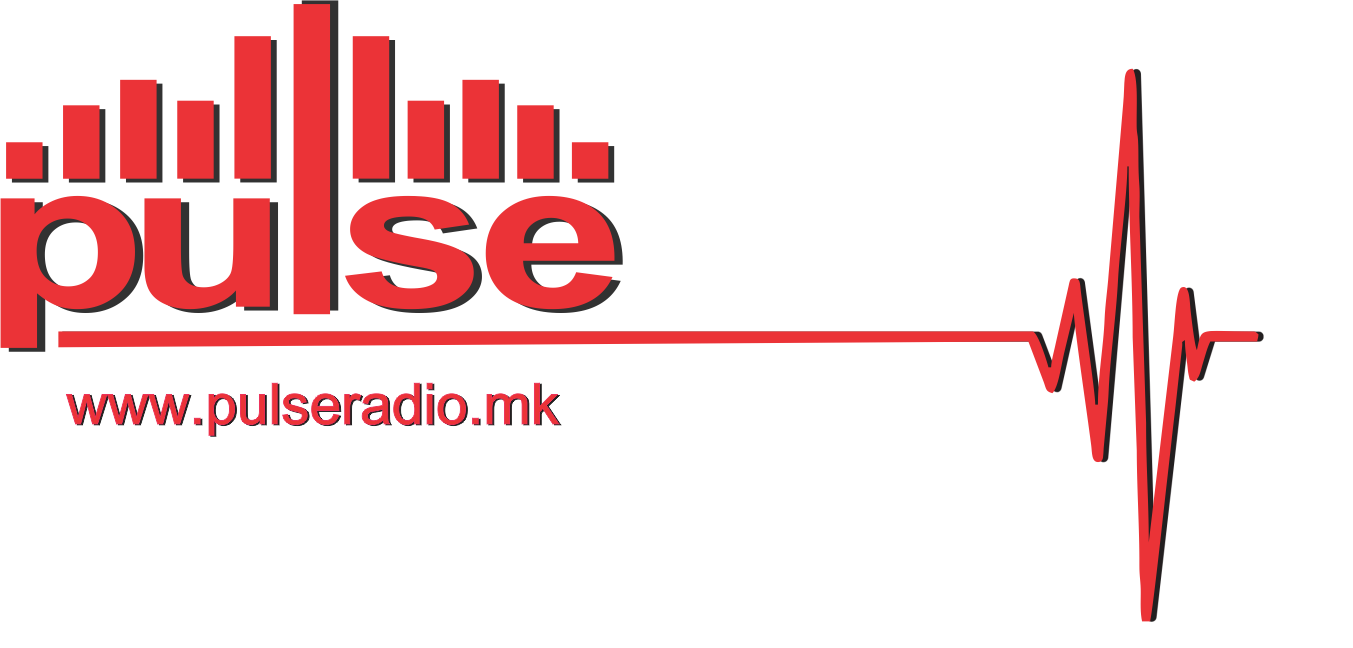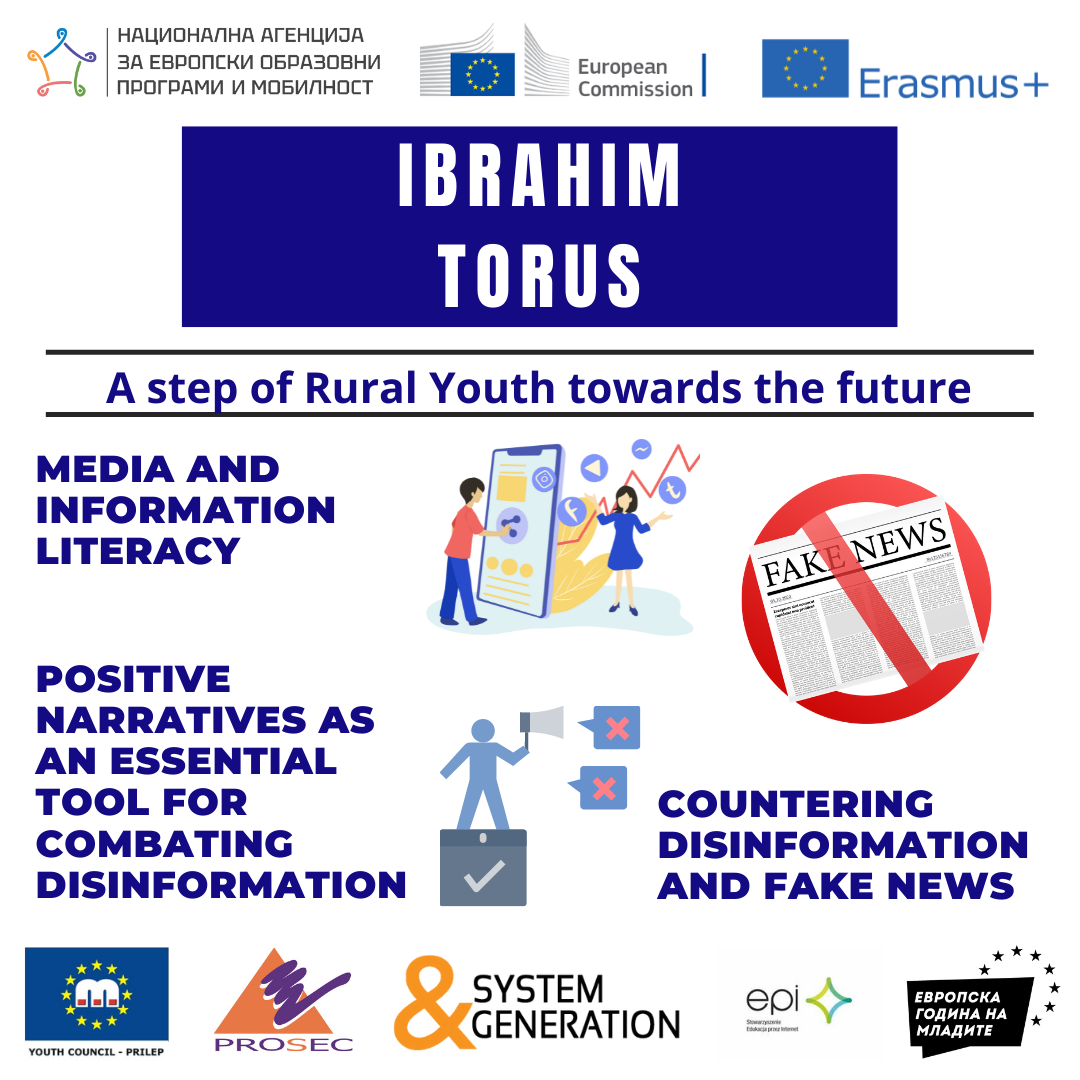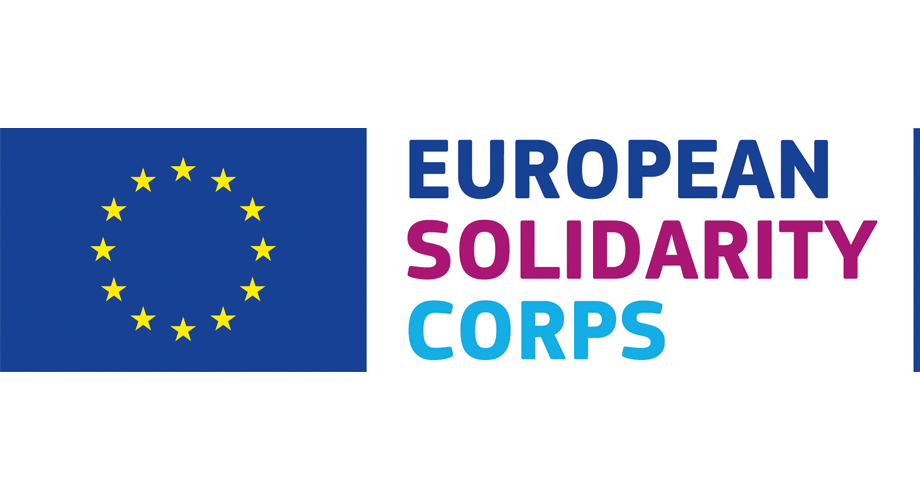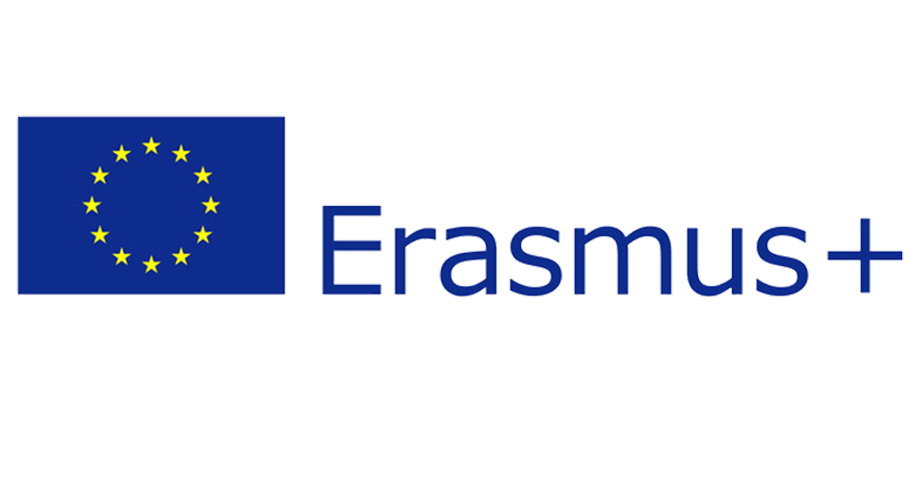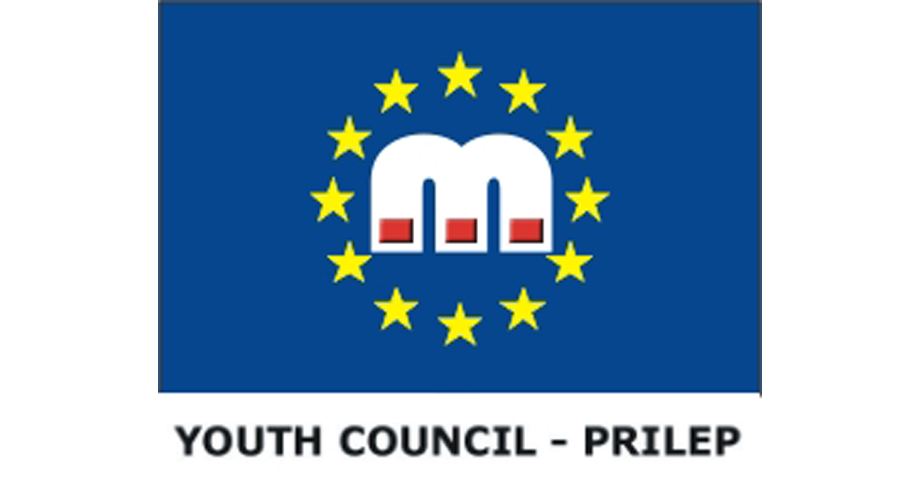Media literacy is one of the resources that people of all ages often apply to in their daily life. In this context, the media, information and entertainment resources used by university students in their daily lives are at the top of the list. They make TV, radio, newspaper and often digital media, the Internet, part of their own lives and use it in their everyday lives, without ensuring the accuracy of the information they receive. It is a necessity for people who incorporate information into their lives, whether directly or indirectly, without the realities of many information, to have the ability to read media.
Media literacy is a concept for people of all ages that includes accurate analysis and critical analysis of the information given. Under this concept, people who have won media literacy and are trying to properly implement it in their daily life will become a more useful user in the first place and then in the environment. University students should take precautions against the digital media that they usually prefer and be provided to investigate the accuracy of the information they have obtained.
Developing media literacy skills creates a direct impact on their technology skills, protecting against harmful content, creating awareness of false information, ensuring the accuracy of their knowledge, equal opportunity and tolerance.
